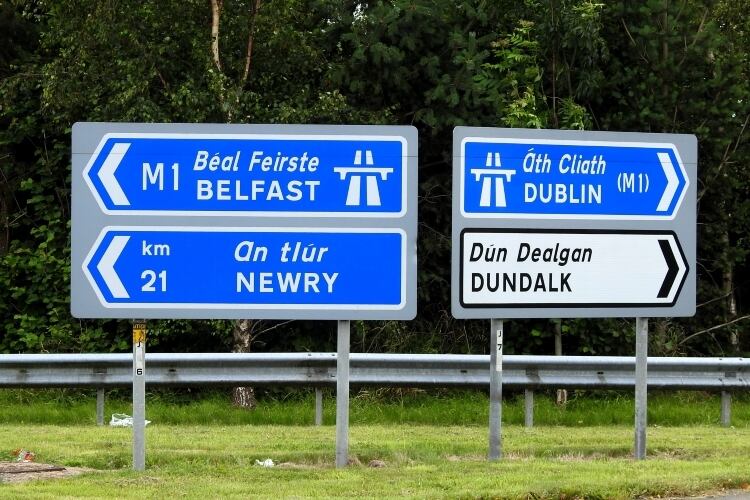Under the Northern Ireland Protocol, trade in goods between Northern Ireland and Ireland, and between Northern Ireland and EU Member States, will continue unaffected, with no change at the border, no new paperwork, and no tariffs or regulatory checks.
However, movement of goods between the rest of the UK and Northern Ireland has been affected.
Wilma Finlay from The Ethical Dairy said, “We make unpasteurized organic cheese with the milk from our organic farm. We mainly sell this cheese direct to customers through our website. While online sales have always been important to us, the impact of covid means that 80% of our cheese is now sold this way - with cheese dispatched in small quantities and sent overnight by courier direct to our customers’ own homes.
“The paperwork now required to send products of animal origin into the single market is understandably designed for moving large volumes of produce. In other words, it’s simply not designed for businesses like us.
“Our understanding is that every delivery of organic dairy products into Northern Ireland now requires a vet’s health certificate and an organic inspection certificate, plus associated export paperwork. This would be required for every order. Our average order value is around £35. The costs of compliance with the new requirements makes direct to consumer sales of our cheese into Northern Ireland simply not viable.”
Finlay said the company is familiar with exporting its products: 10 years ago, it exported ice cream from its sister company, Cream o’ Galloway, to South Korea and the export paperwork required to do this was similar.
The difference is the scale, Finlay explained.
“Vet certificates and export paperwork are justifiable to enable export of a shipping container of ice cream. It simply isn’t justifiable, from a business point of view, to do this for an individual order of cheese.”
Finlay said it is difficult to tell customers in Northern Ireland – which is closer to the company’s facility than the Scottish capital of Edinburgh – the company can’t sell them products.
“We are so sorry to be unable to find a workable solution. People in Northern Ireland are more than our customers, they’re our neighbors.”
Finlay said the company had been overwhelmed by the interest in the issue and support received online.
While the UK voted in 2016 by 52% to 48% to leave the EU, in Scotland, the vote to remain in the UK was overwhelming, with 62% wanting to remain.

